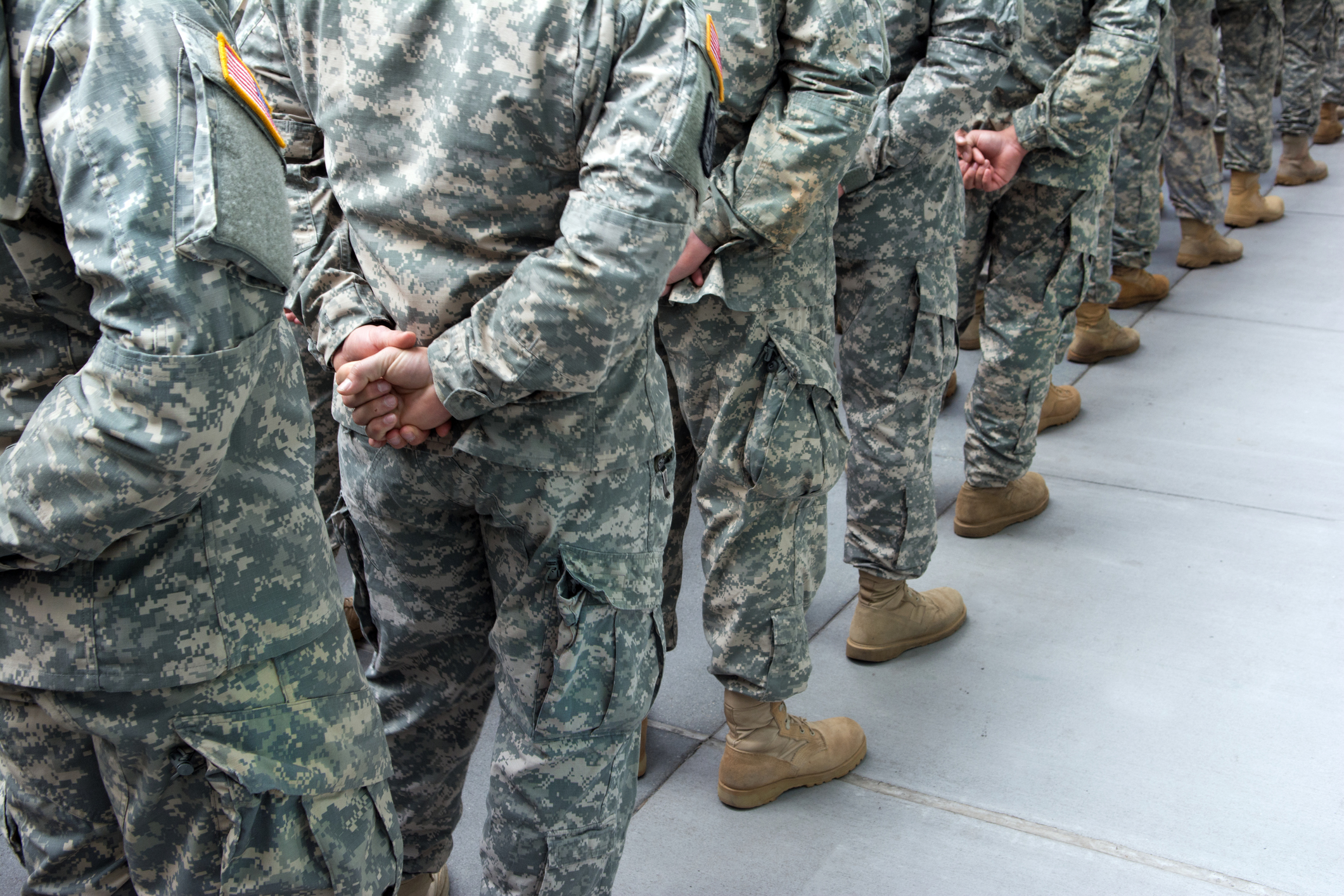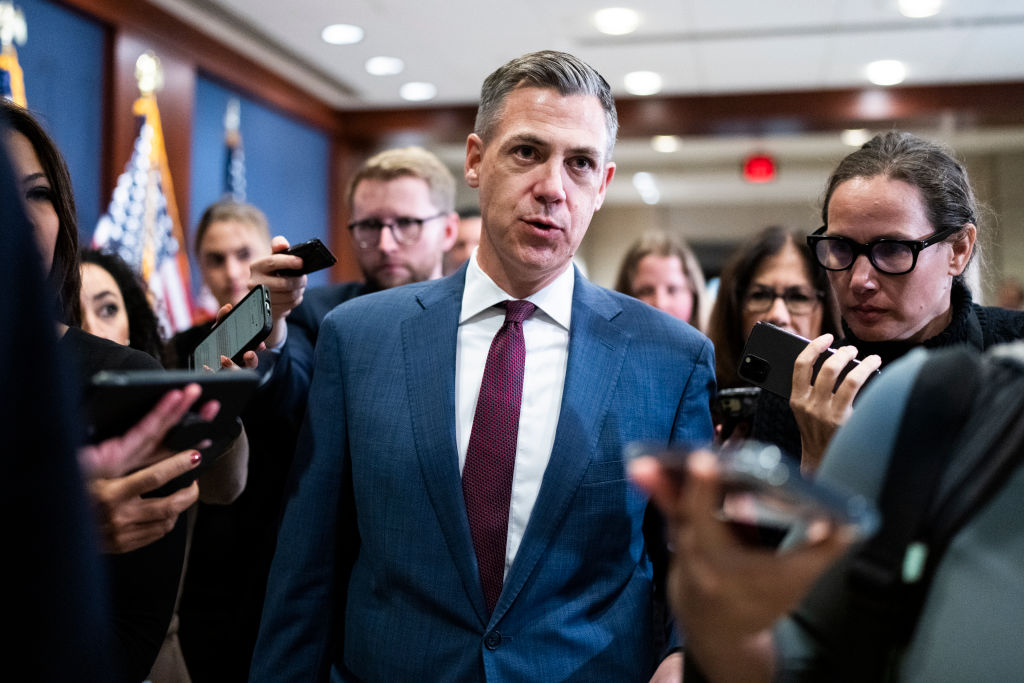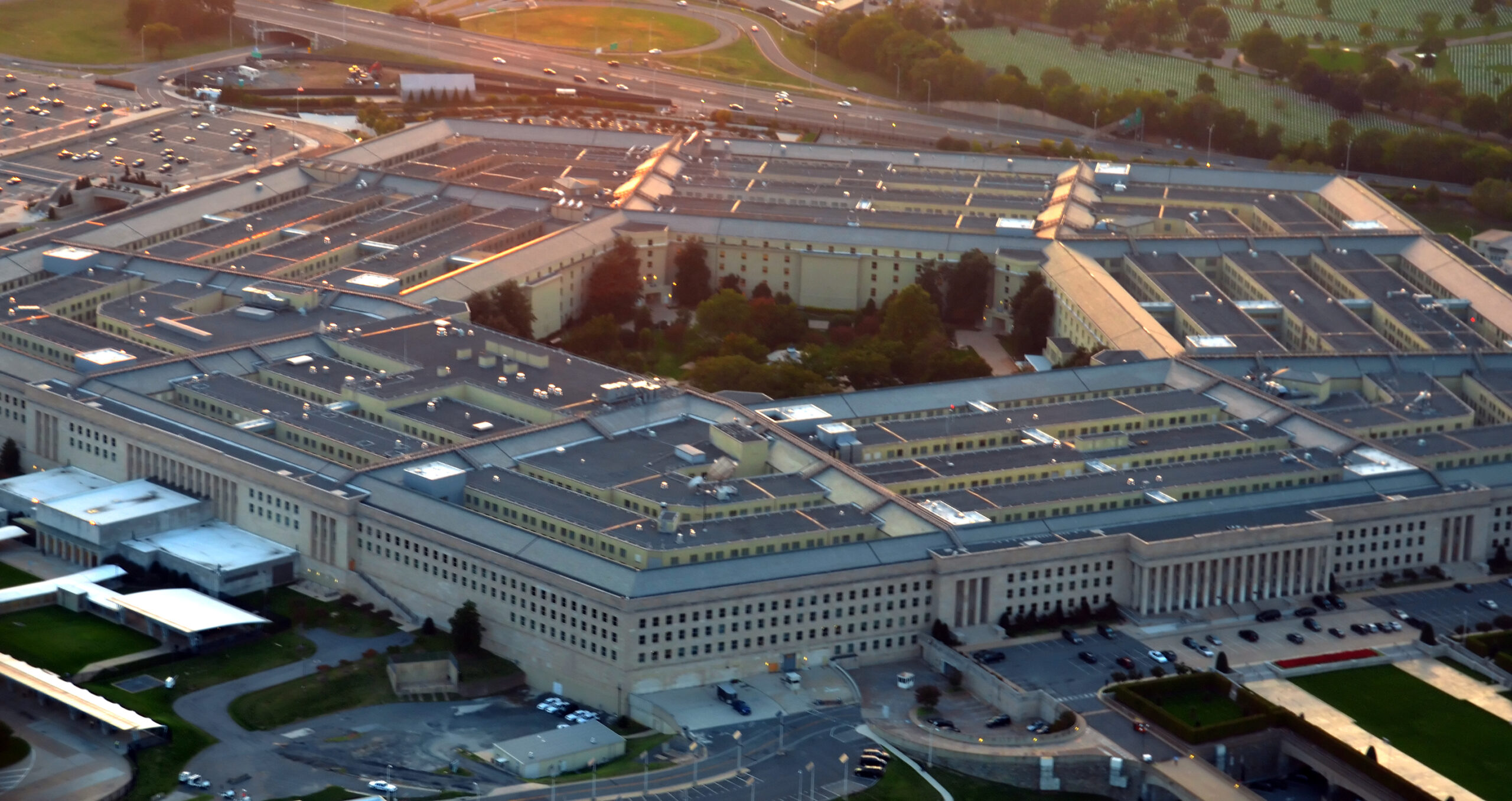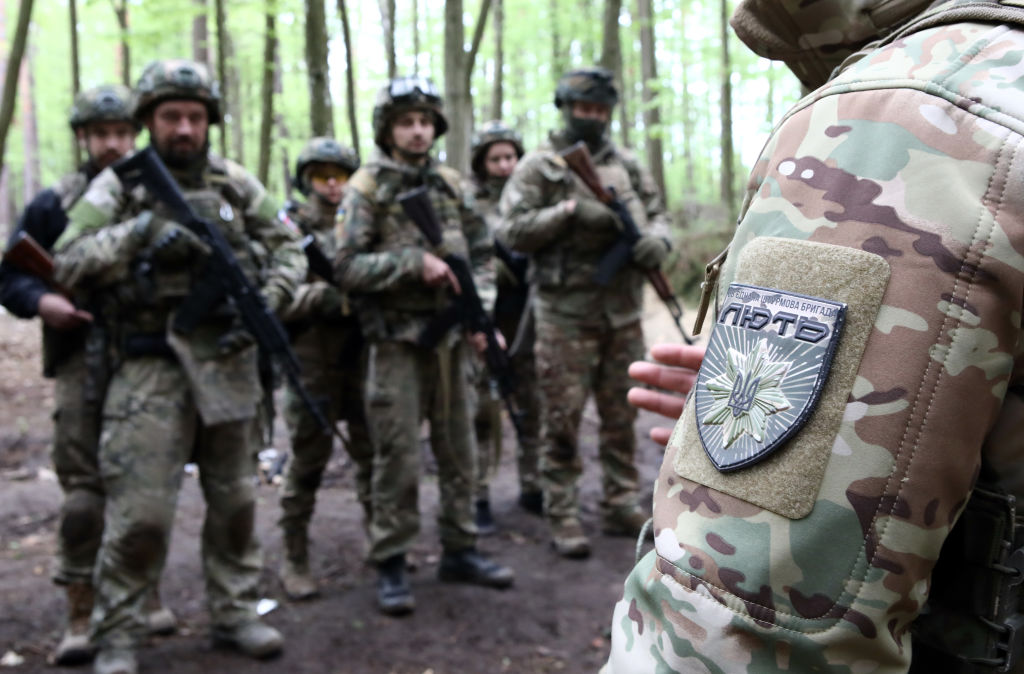Sane Texans must act to remove all traces of DEI in the state.
The Military’s Increasing Politicization

Focusing on diversity pushes competency to the side.
This testimony was delivered during a hearing of the House Oversight and Accountability Subcommittee on National Security, the Border, and Foreign Affairs on January 11, 2024.
Chairman Grothman, Ranking Member Garcia, members of this subcommittee, and my fellow panelists.
Initial Entry Training in the U.S. Army is meant to melt away the effects of civilian life, and to forge Americans into soldiers ready to devote their lives to the mass application of violence on behalf of American interests. Initial Entry Training must sweat and bleed the individual who reported for duty, because the Army knows the life of American citizens, bred in individualism and liberalism, is not suited for an easy transition to military service. Policymakers would do well to acknowledge this civil-military distinction.
The American military is a professional fighting force built on competencies and values not commonly found in civil society. Thankfully so, for we do not raise our children under the presumption of a violent life, and most do not even consider joining the military.
Because the stakes of military operations are so high, the military must define itself by a commitment to the professional factors that make servicemembers and units more effective. Even though the years of all-out war are beyond our memory, the perils of an uncertain future make the stakes of military policy unquestionably high.
The military must only consider factors of personnel, programs, and policy that genuinely better the Armed Forces’ ability to fight and win our nation’s wars. Merit must not be the first consideration, but the exclusive lens through which elected officials and military leaders make decisions.
Diversity exists in our social mores as something the military must embrace and promote, as if the Armed Forces march to the beat of a corporate or university drum. In reality, the existence of a professional, permanent military demands the institution exists apart from the ideologies and politics prevalent in modern day America.
Some will have you simultaneously believe a diverse military is the cornerstone of our national security, all the while minimizing any effect diversity considerations have in practical application for men and women in uniform.
A coin with these two sides does not exist; either the military’s efforts at diversity serve a critical national need, or they are so insignificant that they are not worth the politicized effect on the military.
Instead, the military must balance functional considerations, those capabilities required to fight and win our nation’s wars, with social considerations, or those political and ideological realities which define American life.
When it comes to policy, the military must maintain a strict separation between values unrelated to the military profession and those values necessary to maintain competence. Like a drop of ink in a glass of water, the hint of ideology outside the scope of the military profession is corrosive to the force’s effectiveness. Historical examples from eighteenth century France to the Soviet Army of the late Cold War reveal a slippery slope once factors outside the explicit context of military competence affect military decisions.
Increasingly, objective military professionalism is now seen as one factor among many that allows leaders to “comprehensively” evaluate a person, system, or policy; this, of course, being a euphemism for considerations of race and sex.
This programmatic consideration of innate characteristics is toxic for military units, because it redefines the concept of merit-based standards. When “diversity goals” exist for the Air Force Academy and West Point, standards become minimum expectations to meet before fully evaluating applicants. Standards are no longer how the military selects and promotes the very best from society.
These are fundamental policies with drastic implications. Diversity goals become excuses to discriminate. White men and women make up over almost 80 percent of Air Force officers. Current Air Force policy dictates reducing that proportion by almost 15 percent. To achieve these established quotas will require nothing less than race-based discrimination.
The mere factor of political considerations outside military competence demands that human characteristics one does not choose become critical filters for military personnel decisions. Considerations for diversity are but one mark of the blend of Samuel Huntington’s “military mind” with the hallmarks of a society built around contrary ideals. History tells us that this blend never ends well.
Senior military leaders and elected representatives often insist that, to receive inspiration and motivation, a soldier must see a leader who looks like him to strive for excellence. There exist few more toxic narratives to military units small and large that depend on unit cohesion and teamwork for violence of action.
When we assume the military must reflect the demographics of the nation, we presume proportionalism into the experience of soldiers, sailors, airmen, and Marines. Senior military officers, and the programs and institutions they lead, bake the imperative of racial and gender representation as an assumption into the lives of American servicemembers. If such representation does not take place, servicemembers may assume something is unjust.
By this logic, the reason “diversity” is supposedly a value central to military readiness is the same logic a black soldier can supposedly not receive inspiration from a white leader or officer. This is not a dramatic reaction to modest equal opportunity efforts, but simply carrying out DEI-as-military-policy to its logical conclusion.
At stake is much more than the relative quality of military units. Instead, the integrity of our republic is in tension with a military that evaluates matters of politics and identity. This is what happens when standards become minimum expectations and not markers of achievement. In other sectors of society, the consequences of shirking the primacy of merit amount to a bad hire as university president, or maybe a missed revenue projection last fiscal quarter.
The consequences of having anyone but those who are selected for their professional qualifications are none higher than in the wars our military may soon fight. In May of this year, the Daily Caller reported on the Air Force’s efforts to diversify flight school. The Air Force created classes that mirrored the race and gender demographics of the nation. This manipulation of the most critical talent of our military produced consecutive flight school classes below sustainable levels, far below average. This brutal case study is a harbinger of things to come when diversity becomes an organizing principle of military training and operations.
The Atlantic Magazine published the story of the first wave at Omaha Beach on D-Day in 1960. Rightly so, less than 20 years after the epic invasion of Europe, S.L.A. Marshall described time “softening the horror” of the catastrophic loss of American life at a critical juncture of World War II. Entire companies of soldiers, over 250 men, never made it off landing crafts onto the beach.
Close by, the men of the Army Rangers took to ropes and wooden ladders to scale the cliffs of Pointe Du Hoc, a supposed critical outpost of German artillery between Omaha and Utah Beaches. Failure was never an option for these Rangers.
In a single day of this combat, over 2,500 Americans lost their lives. The scale of casualties is unfathomable to the modern mind more familiar with the nature of low-intensity wars against terrorism. This should remind us, however, that nothing else matters but the competence and character of the servicemembers who sign up to make the ultimate sacrifice. There is no justification for the adoption of military DEI policies that would make Harvard blush.
History is littered with examples of militaries whose consideration of political ideology precipitated a collapse in military professionalism, all of which served as a precursor to the collapse of their respective nations. America should not wait to find out if we can outrun the drumbeat of such history.
The American Mind presents a range of perspectives. Views are writers’ own and do not necessarily represent those of The Claremont Institute.
The American Mind is a publication of the Claremont Institute, a non-profit 501(c)(3) organization, dedicated to restoring the principles of the American Founding to their rightful, preeminent authority in our national life. Interested in supporting our work? Gifts to the Claremont Institute are tax-deductible.
The latest National Defense Authorization Act is a step in the right direction.
Restoring pride in the military will require a massive effort.
A recent publicity photo from the Navy tells us more than we wanted to know about military readiness.
The Biden Administration would like to end the tradition of generational military service.
Kiev is desperate for the West to come to its rescue.






